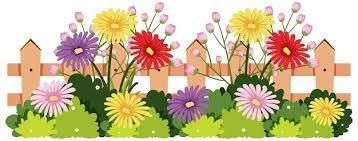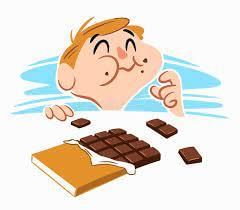Worksheet Solutions: Quantifiers - 2 | Worksheets with Solutions for Class 5 PDF Download
Q1: Fill in the blanks with either ‘a few’ or ‘a little’.
(i) Sam had ___ friends growing up.
Ans: Sam had a few friends growing up.
(ii) Can you please give me ___ water?
Ans: Can you please give me a little water?
(iii) There are ___ people who speak the truth.
Ans: There are a few people who speak the truth.
(iv) Can you give me ___ flowers from your garden?
Ans: Can you give me a few flowers from your garden?
(v) Sally has ___ money left in her account.
Ans: Sally has a little money left in her account.
(vi) ___ people came to the rally.
Ans: A few people came to the rally.
(vii) The gravy needs _____ more salt.
Ans: The gravy needs a little more salt.
(viii) Yusuf has ____ time left for his exams.
Ans: Yusuf has a little time left for his exams.
(ix) ____ drops of rain can’t ruin our plans.
Ans: A few drops of rain can’t ruin our plans.
(x) Raj spent ___ extra dollars on the new PS5.
Ans: Raj spent a few extra dollars on the new PS5.
(xi) There is ____ pudding left in the fridge.
Ans: There is a little pudding left in the fridge.
(xii) Can you give me ___ chocolates?
Ans: Can you give me a few chocolates?
(xiii) ___ students participated in the debate competition.
Ans: A few students participated in the debate competition.
(xiv) Can you wait ___ minutes till I arrive?
Ans: Can you wait a few minutes till I arrive?
(xv) Please take ___ rest before you go back to work.
Ans: Please take a little rest before you go back to work.
Q2: Fill in the blanks with ‘little’ and ‘few’.
(i) There’s ___ chance that the team will win.
Ans: There’s little chance that the team will win.
(ii) There were ____ students in the seminar.
Ans: There were few students in the seminar.
(iii) I have ___ knowledge about computers.
Ans: I have little knowledge about computers.
(iv) _____ people know about the history of India.
Ans: Few people know about the history of India.
(v) Tia had ___ food the entire day.
Ans: Tia had little food the entire day.
(vi) I have seen ___ people on the road during this time.
Ans: I have seen few people on the road during this time.
(vii) ___ is known about this famous artist.
Ans: Little is known about this famous artist.
(viii) I have left ___ things behind.
Ans: I have left few things behind.
(ix) She uses ___ sugar these days.
Ans: She uses little sugar these days.
(x) There are ___ chocolates left.
Ans: There are few chocolates left.
FAQs on Worksheet Solutions: Quantifiers - 2 - Worksheets with Solutions for Class 5
| 1. What are quantifiers in the English language? |  |
| 2. What is the role of quantifiers in sentence construction? |  |
| 3. Can quantifiers be used with both countable and uncountable nouns? |  |
| 4. Are quantifiers interchangeable in a sentence? |  |
| 5. Can quantifiers be used in both affirmative and negative sentences? |  |















